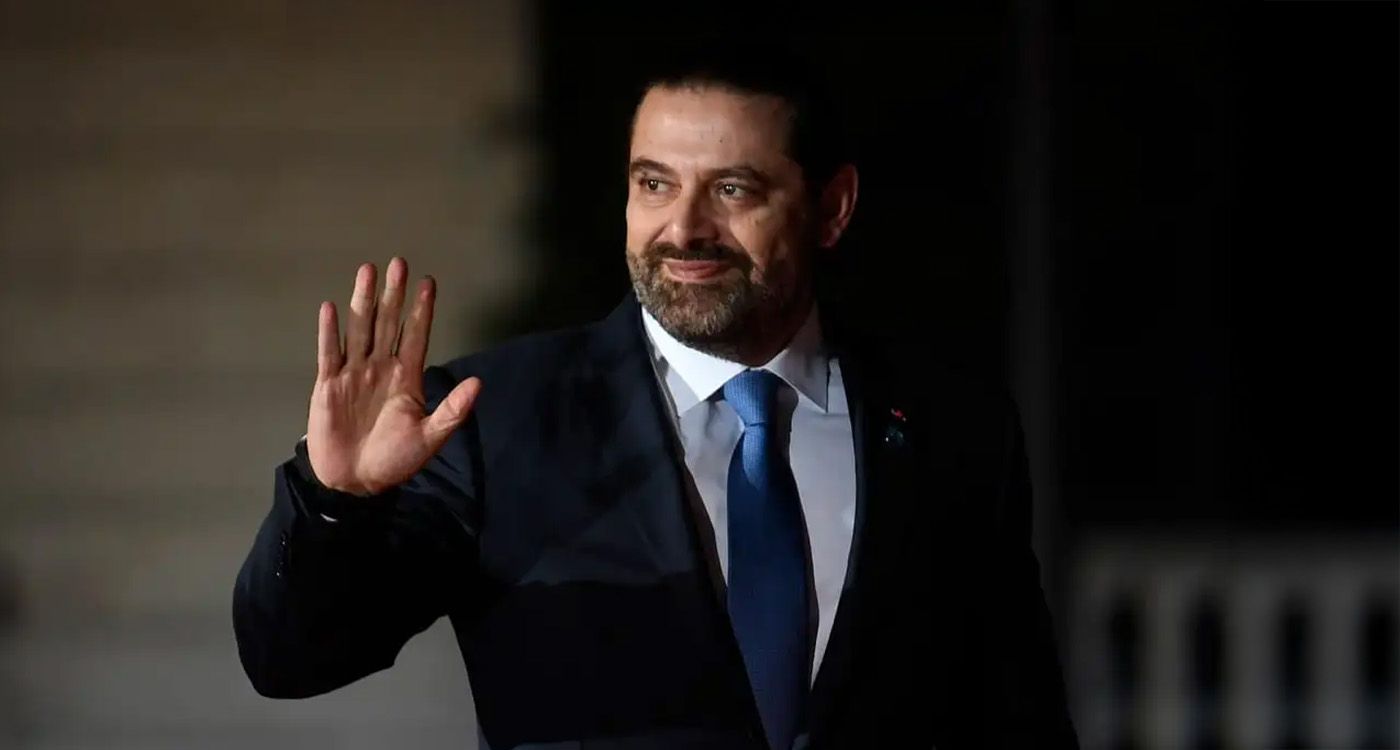
The leader of the Future Movement, Saad Hariri, returns to the political arena after three years of suspended political activity. He has given his supporters a boost of enthusiasm, enabling them to first participate in municipal and electoral council elections, followed by parliamentary elections. However, the specifics of engaging in these battles remain unclear—will it involve candidacy and voting, or just voting?
Saad Hariri's speech on the 20th anniversary of the assassination of his father, former Prime Minister Rafic Hariri, was not merely a formality. In fact, it contained multiple messages directed both internally and externally. The most prominent of these was his message to the Shiite community, urging them to abandon everything that has caused them suffering, particularly during the recent war with Israel. However, he went as far as extending a hand to Hezbollah, despite members of the party being convicted of carrying out the assassination. Hariri suggested—without explicitly naming them—that divine justice had already taken its course.
Through his appearance on the 20th anniversary of his father's assassination, Hariri reaffirmed that he remains the most representative figure within the Sunni political landscape, with no significant breakthroughs by other contenders. As a result, his supporters continue to be a decisive force in any future alliances the Future Movement may form. These alliances seem likely to include the same forces that had previously partnered with the movement during the Cedar Revolution—also known as the March 14 Alliance—which championed the slogan "Lebanon First," a slogan Hariri has now revived.
Aware of his popular support since suspending political activity, Hariri has devised a new approach to political engagement through the Future Movement. This approach relies on mobilizing the party's popular base to engage in politics without his direct involvement in any governmental or parliamentary position. However, he also counts on the possibility of a shift before the parliamentary elections—one that could remove the obstacles preventing his personal political participation. Should the opportunity arise for him to return to Parliament and the role of prime minister, he could do so with far greater chances of success than in the past. The local and regional circumstances that previously hindered his leadership have either dissipated or weakened, allowing him to establish himself as an essential player in the domestic political scene—one that no regional or international power can ignore.
Saad Hariri in 2025 is not the same as in previous years. The Iranian influence he once complained about is collapsing, international discord has turned into solidarity, and national division has transformed into unity around a state reclaiming its sovereignty. Hariri was never distant from these changes; rather, he actively contributed to them—even while his political activity was on hold.



Comments